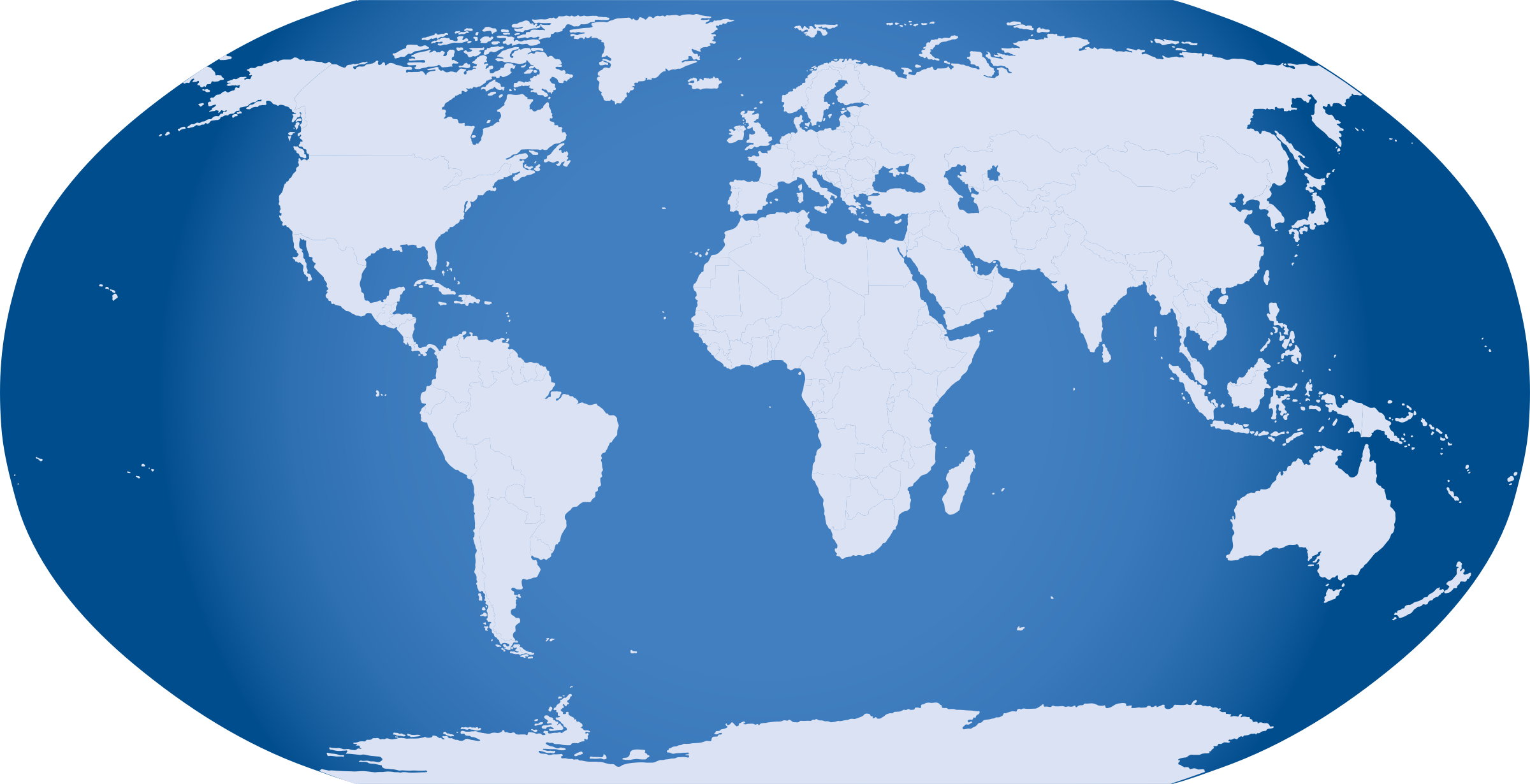In contemplating the Baha’i teachings, one is invariably drawn to the idea that the world is akin to a patient in distress, necessitating the attentions of a doctor. This metaphorical expression not only implies that humanity is in need of healing but also underscores the urgent call for a collective transformation towards a new world order. Central to this thesis is the belief that a profound shift in perspective is imperative. As we navigate the tumultuous waters of contemporary life, the Baha’i perspective offers a manifold of insights that promise to catalyze this transformation.
At the heart of Baha’i teachings lies the notion of oneness—the oneness of humanity. This tenet asserts that despite the apparent divergences among peoples, races, and nations, all human beings are part of a singular, interconnected tapestry. Such an acknowledgement can engender a profound shift in one’s worldview, fostering compassion and understanding among disparate groups. It challenges individuals to transcend personal and collective prejudices, thus paving the way for unity.
The call for unity is propelled by an understanding that our shared humanity transcends cultural and geographical boundaries. This understanding obligates individuals to adopt a global perspective that recognizes the interdependencies of our modern age. Modern society is a complex web, and the difficulties of one segment inevitably reverberate across the globe. This interconnectedness underscores the urgency for a new world order, correlating the postulate of oneness with the pragmatic necessities of the contemporary world. The Baha’i teachings emphasize that true progress can only be achieved when the elevation of all peoples is prioritized.
Moreover, the principle of justice is paramount within Baha’i thought. Justice, in this context, transcends mere retribution; it encompasses equity and fairness in social relations. As never before, this principle invites us to reexamine the structures underpinning our societies, prompting critical questions: Are our institutions equitable? Do they substantiate the common good, or do they perpetuate inequities? A Baha’i approach to these queries emphasizes systemic change that integrates justice at its core, advocating for policies that uphold the dignity and rights of every individual.
The urgency of obtaining justice and unity as foundational pillars of a newly envisioned world order is further amplified by the Baha’i commitment to education. The acquisition of knowledge, particularly as a means to empower all individuals, is viewed as transformative. To call for education is simultaneously to call for enlightenment, to elevate one’s capacity to discern truth from falsehood. It is understood that ignorance is a principal barrier to peace and prosperity. Therefore, a Baha’i call for a reformed world order is intrinsically linked to an advocacy for universal education, facilitating informed citizenry that can engage meaningfully in societal affairs.
These ideals of unity, justice, and education are interwoven with the prophetic vision of a planetary civilization. The Baha’i scriptures depict a future where humanity transcends its tribal identities, establishing a global culture characterized by cooperation and mutual respect. This paradigm shift calls for a departure from the belligerence of nationalism to embrace a global identity that celebrates diversity while upholding the principles of collective responsibility.
Moreover, the role of spirituality cannot be overlooked in this discourse. Baha’i teachings advocate for a harmonious relationship between material advancement and spiritual growth. Continuing down a path solely focused on economic gain has led to degradation and disillusionment. In this context, spirituality serves as a touchstone, guiding ethical decision-making and prioritizing the well-being of the collective over self-interest. This understanding is vital as we ponder the contours of a new world order, reorienting our aspirations towards those that contribute to an overarching sense of community and kinship.
The Baha’i call to action is not just philosophical; it is an imperative for engagement. Individual agency plays an integral role in enacting change on both micro and macro levels. The plea is not merely an abstract entreaty for betterment but a demand for proactive participation in societal development. Everyday actions can ripple outward, transforming communities and bearing witness to the ideals espoused by Baha’i teachings.
In synthesizing these varied elements of Baha’i philosophy, a portrait emerges of a world replete with potential, albeit one that requires conscious cultivation. Humanity stands at a crossroads. The choice lies with the individuals to embrace the Baha’i principles of oneness, justice, education, and spiritual growth as guiding tenets. The call to ‘not hesitate to call a doctor’ serves as a poignant reminder that the remedy for humanity’s ailments is not sourced in distant realms but rather resides within ourselves and our collective aspirations.
In conclusion, Baha’i teachings echo an urgent message, manifesting as a clarion call for a radically transformed world order. The tenets of oneness, justice, education, and spirituality provide a framework for navigating the intricacies of human experience. By heeding this call, individuals not only acknowledge the collective responsibility towards a more just and unified world but also commit to living out these values. The transformation of the world begins with a shift in perspective—in recognizing that each one of us bears the responsibility to contribute to the healing of the global community.
